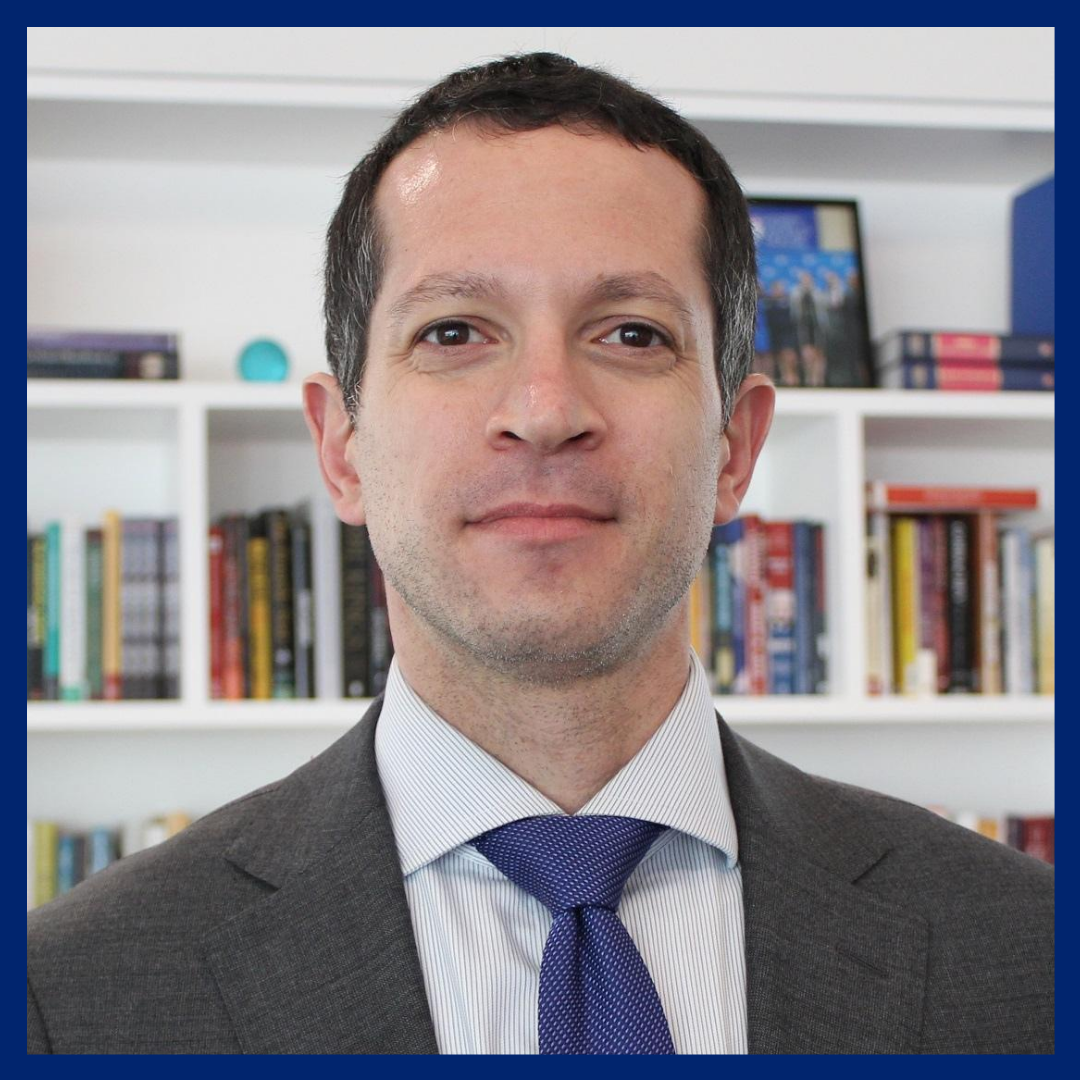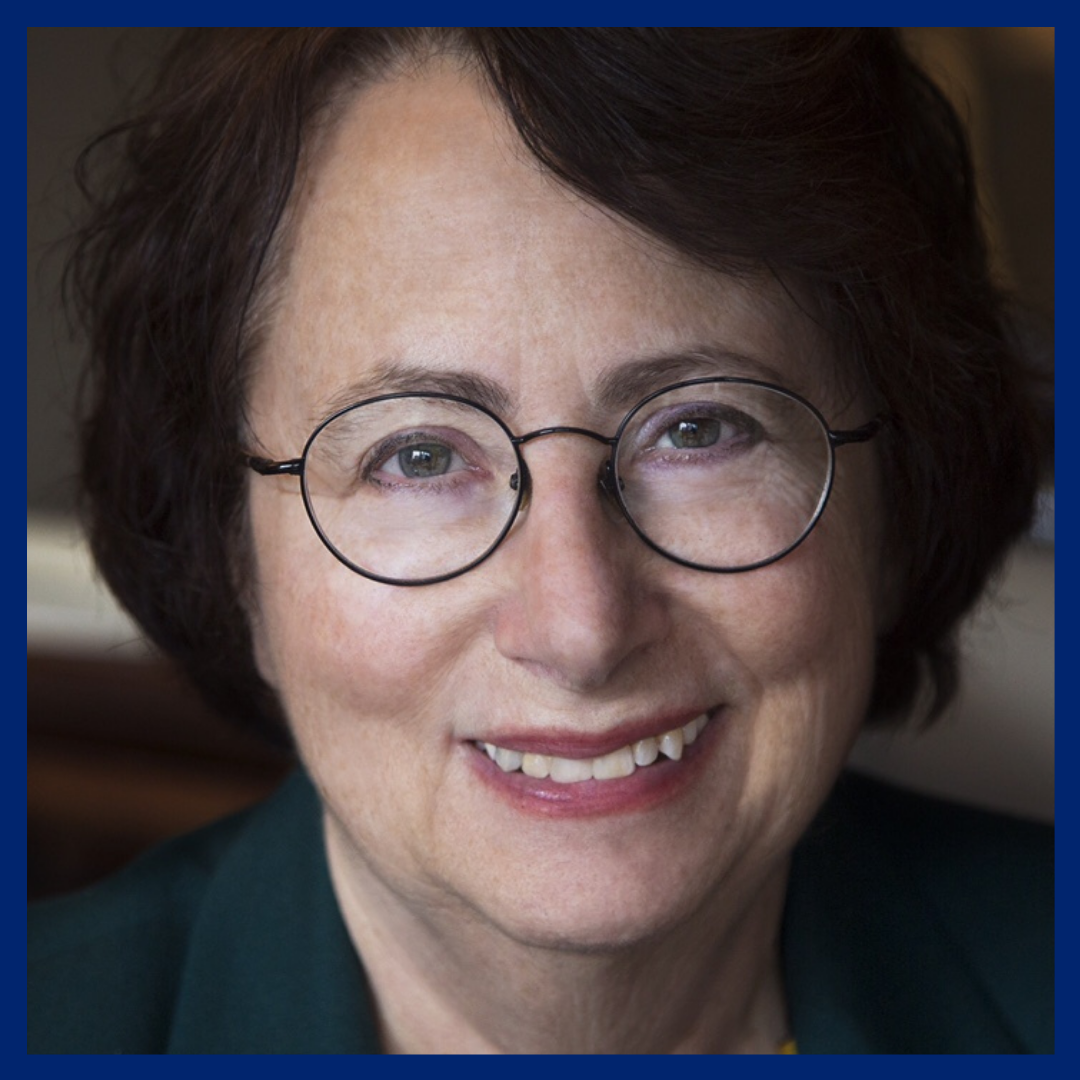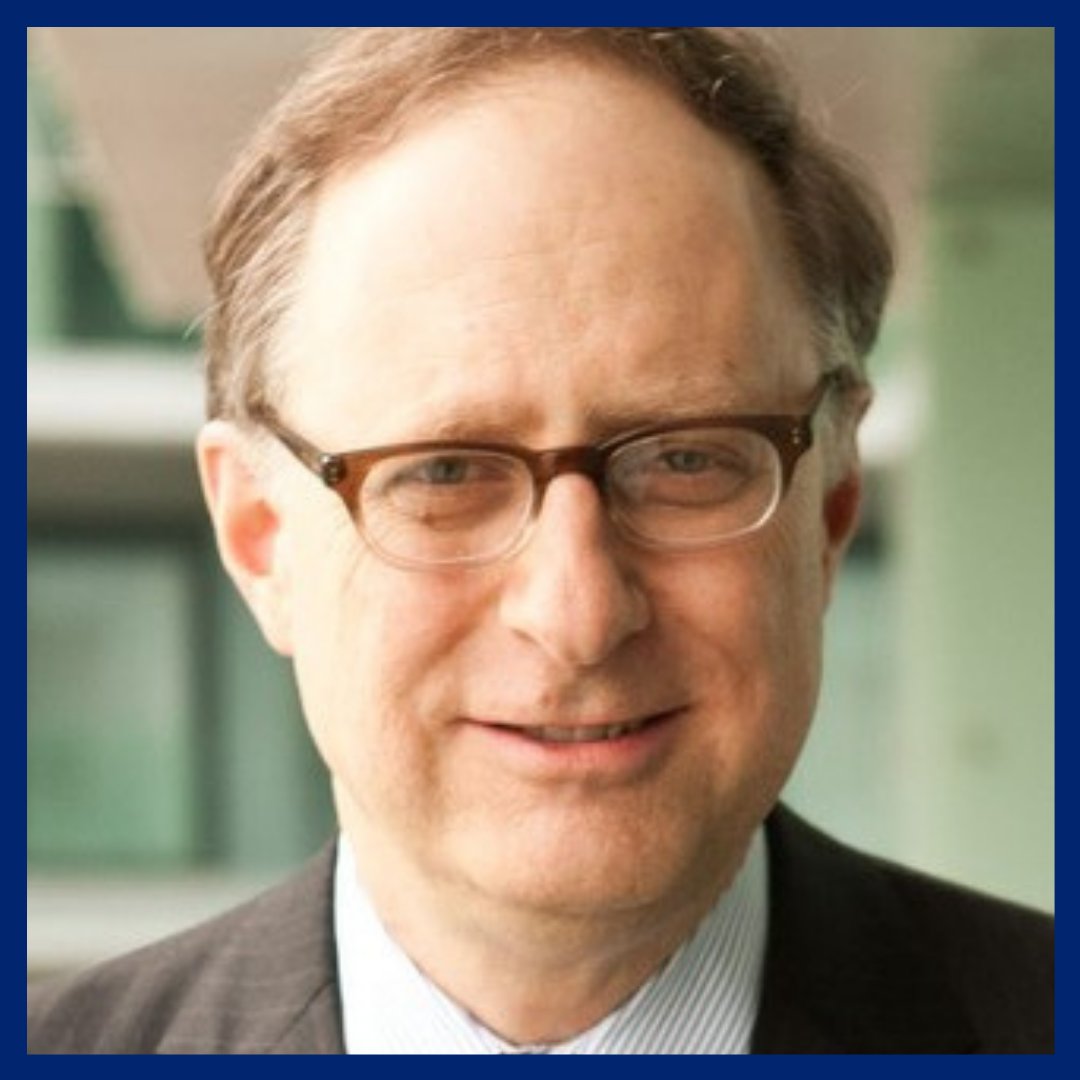Events
Basic Page Sidebar Menu Perry World House
While healthcare and the economy are perpetual concerns, particularly during the COVID-19 pandemic, foreign policy also remains a critical issue for any administration.
It is a pivotal moment for American foreign policy. The next President of the United States will make critical choices about America’s relationships with allies and partners in Europe, Asia, and elsewhere; determine the future path of U.S. strategy with regards to Russia and China; conduct diplomacy at the highest level; maintain readiness to respond to security risks from terrorist attacks, nuclear weapons, and conventional warfare; and face the continued global threats of the COVID-19 pandemic and climate change.
What are the key priorities of the next administration? How will these calculations change now the country has handed a new mandate to President-Elect Biden?
Join us for a roundtable discussion to explore these issues and more with Perry World House Director Michael C. Horowitz; Visiting Fellow Trudy Rubin, foreign affairs columnist for The Philadelphia Inquirer; and Wolk Distinguished Visiting Fellow Ambassador Alexander Vershbow, former Deputy Secretary General of NATO and retired U.S. diplomat.
Sign up for this virtual event, and details of how to take part will be in your confirmation email.
SPEAKERS
 Michael C. Horowitz is Director of Perry World House and Richard Perry Professor at the University of Pennsylvania. He is the author of The Diffusion of Military Power: Causes and Consequences for International Politics, and the co-author of Why Leaders Fight. He won the 2017 Karl Deutsch Award given by the International Studies Association for early career contributions to the fields of international relations and peace research. He has published in a wide array of peer reviewed journals and popular outlets. His research interests include the intersection of emerging technologies such as artificial intelligence and robotics with global politics, military innovation, the role of leaders in international politics, and geopolitical forecasting methodology. Professor Horowitz previously worked for the Office of the Undersecretary of Defense for Policy in the Department of Defense. He is affiliated with the Center for a New American Security, the Center for Strategic and International Studies, and the Foreign Policy Research Institute. He is a member of the Council on Foreign Relations. Professor Horowitz received his Ph.D. in Government from Harvard University and his B.A. in political science from Emory University.
Michael C. Horowitz is Director of Perry World House and Richard Perry Professor at the University of Pennsylvania. He is the author of The Diffusion of Military Power: Causes and Consequences for International Politics, and the co-author of Why Leaders Fight. He won the 2017 Karl Deutsch Award given by the International Studies Association for early career contributions to the fields of international relations and peace research. He has published in a wide array of peer reviewed journals and popular outlets. His research interests include the intersection of emerging technologies such as artificial intelligence and robotics with global politics, military innovation, the role of leaders in international politics, and geopolitical forecasting methodology. Professor Horowitz previously worked for the Office of the Undersecretary of Defense for Policy in the Department of Defense. He is affiliated with the Center for a New American Security, the Center for Strategic and International Studies, and the Foreign Policy Research Institute. He is a member of the Council on Foreign Relations. Professor Horowitz received his Ph.D. in Government from Harvard University and his B.A. in political science from Emory University.
 Trudy Rubin is a Perry World House Visiting Fellow and the foreign affairs columnist for The Philadelphia Inquirer. In 2019, Ms. Rubin received the Overseas Press Club of America’s Flora Lewis award for Best Commentary on International Affairs. In 2001 and 2017 she was a finalist for the Pulitzer Prize in commentary. She is the author of Willful Blindness: The Bush Administration and Iraq. Prior to joining The Inquirer, she was Middle East correspondent for The Christian Science Monitor and staff writer for The Economist. In recent years, she has written from China, Russia, Ukraine, Iraq, Syria, Turkey, Egypt, Lebanon, Israel, the West Bank, Afghanistan, Pakistan, Kashmir, Britain, France, Italy and Germany. She is a graduate of Smith College, where she received her B.A., and the London School of Economics, where she earned her M.Sc. (Econ).
Trudy Rubin is a Perry World House Visiting Fellow and the foreign affairs columnist for The Philadelphia Inquirer. In 2019, Ms. Rubin received the Overseas Press Club of America’s Flora Lewis award for Best Commentary on International Affairs. In 2001 and 2017 she was a finalist for the Pulitzer Prize in commentary. She is the author of Willful Blindness: The Bush Administration and Iraq. Prior to joining The Inquirer, she was Middle East correspondent for The Christian Science Monitor and staff writer for The Economist. In recent years, she has written from China, Russia, Ukraine, Iraq, Syria, Turkey, Egypt, Lebanon, Israel, the West Bank, Afghanistan, Pakistan, Kashmir, Britain, France, Italy and Germany. She is a graduate of Smith College, where she received her B.A., and the London School of Economics, where she earned her M.Sc. (Econ).
 Ambassador Alexander ("Sandy") Vershbow is the Wolk Distinguished Visiting Fellow with Perry World House and a Distinguished Fellow at the Atlantic Council’s Scowcroft Center on Strategy and Security in Washington, D.C. He was Deputy Secretary General of NATO from 2012 to 2016, the first American to hold that position. A career diplomat since 1977, Vershbow served as U.S. Assistant Secretary of Defense for International Security Affairs (2009-2012), U.S. Ambassador to the Republic of Korea (2005-2008), U.S. Ambassador to Russia (2001-2005) and U.S. Ambassador to NATO (1998-2001). He also held numerous senior positions in Washington, including Special Assistant to the President for European Affairs at the National Security Council (1994-97) and State Department Director of Soviet Union Affairs (1988-91).
Ambassador Alexander ("Sandy") Vershbow is the Wolk Distinguished Visiting Fellow with Perry World House and a Distinguished Fellow at the Atlantic Council’s Scowcroft Center on Strategy and Security in Washington, D.C. He was Deputy Secretary General of NATO from 2012 to 2016, the first American to hold that position. A career diplomat since 1977, Vershbow served as U.S. Assistant Secretary of Defense for International Security Affairs (2009-2012), U.S. Ambassador to the Republic of Korea (2005-2008), U.S. Ambassador to Russia (2001-2005) and U.S. Ambassador to NATO (1998-2001). He also held numerous senior positions in Washington, including Special Assistant to the President for European Affairs at the National Security Council (1994-97) and State Department Director of Soviet Union Affairs (1988-91).

